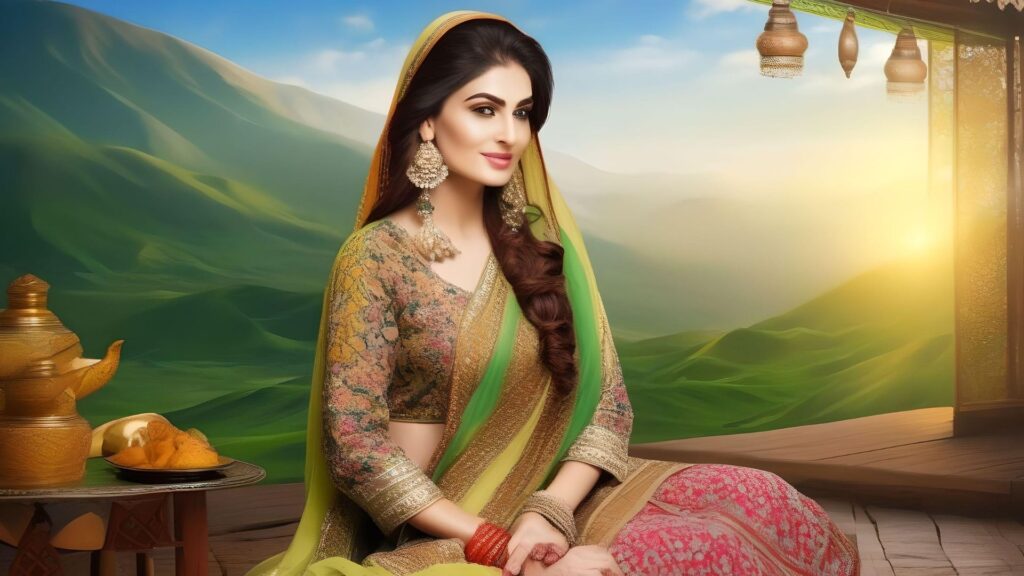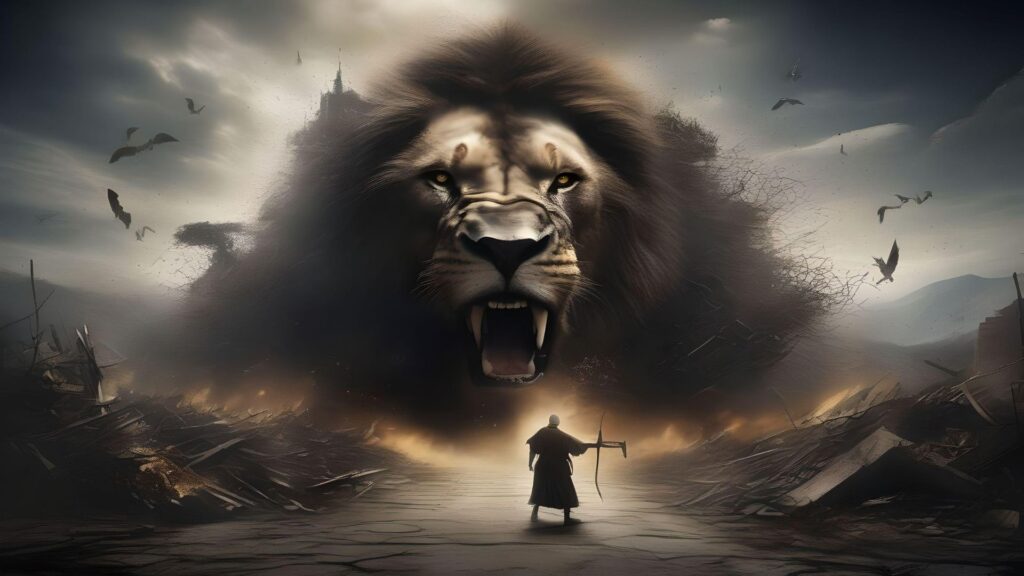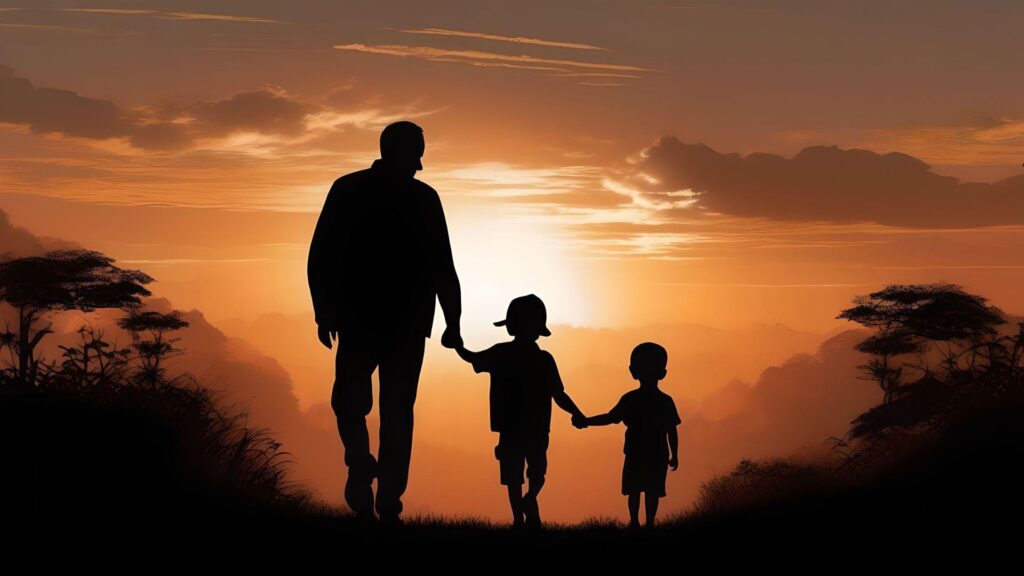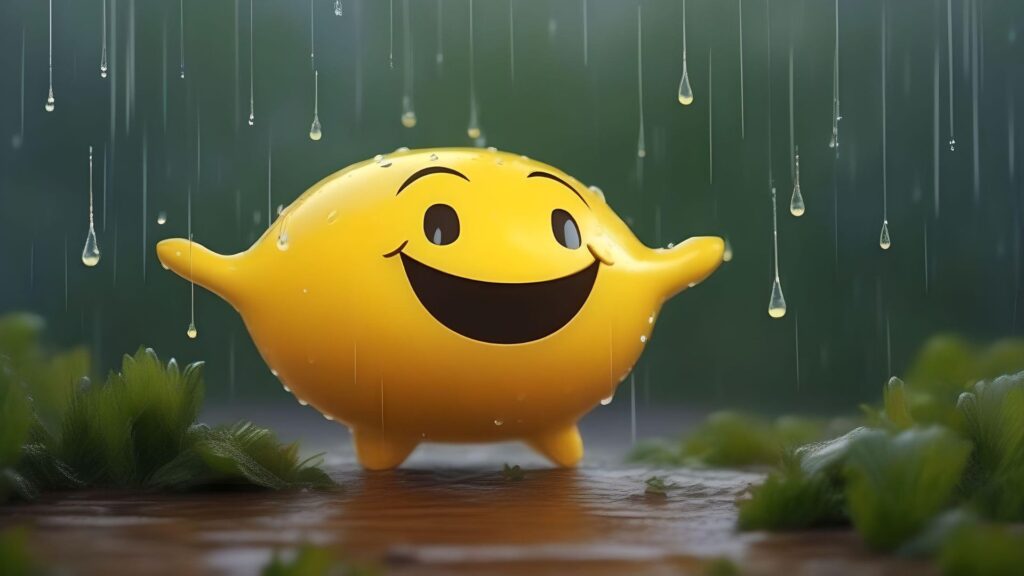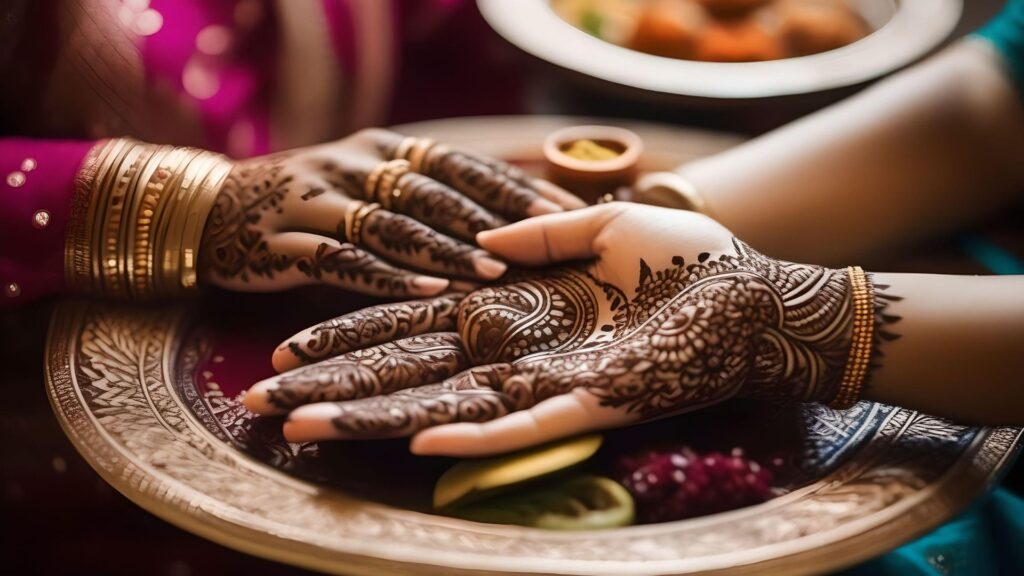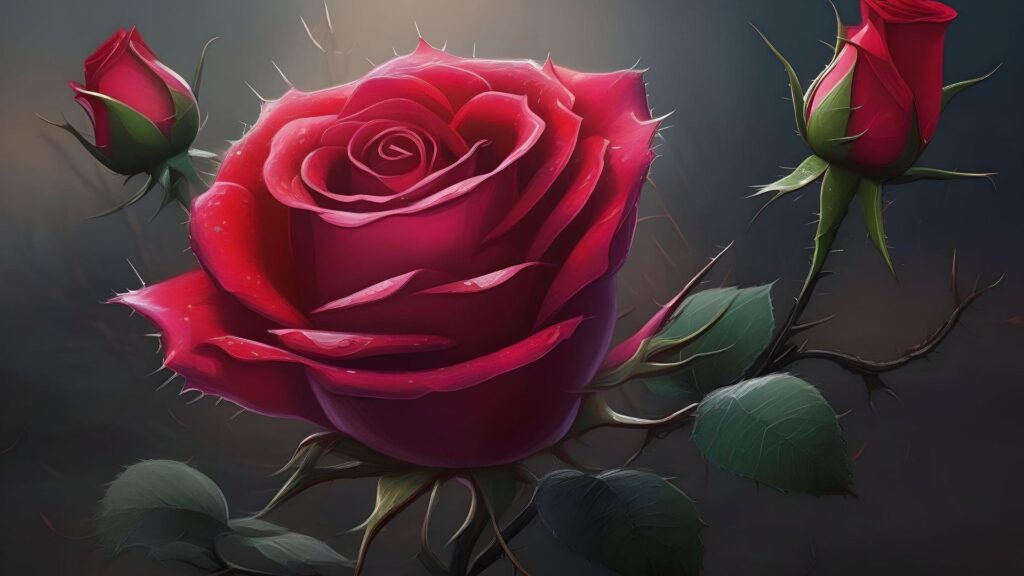Mirza Ghalib is considered one of the greatest masters of Urdu poetry, and his shayari reflects the depth of his insight into love, loss, and condition. If you’re ready to immerse yourself in the beauty and complexity of Urdu verse, let’s explore the captivating world of Ghalib’s shayari.
Buy Gift: https://s.click.aliexpress.com/e/_DEPf1sv
ذاتی رابطے
ایک ادیب کے طور پر جو ہمیشہ اردو شاعری سے متوجہ رہا ہے، میں نے افسانوی مرزا غالب کی تخلیقات کا مطالعہ کیا۔ محبت، زندگی اور انسانیت کے بارے میں ان کی گہری بصیرت صدیوں بعد بھی قارئین کے ساتھ گونجتی رہتی ہے۔ اس پوسٹ میں، میں نے ان کے ترجمے کے ساتھ ان کی 37 سب سے زیادہ دلکش شائریوں کو ترتیب دیا ہے، امید ہے کہ آپ کو ان کے الفاظ کی خوبصورتی اور گہرائی سے متعارف کرایا جائے گا۔
I encourage you to explore the full range of Ghalib’s work and discover your own favorites. If you’re interested in learning more about Urdu poetry or my writing, feel free to connect with me on LinkedIn: https://www.linkedin.com/in/nadeem-ahmed2/
Shayari of Mirza Ghalib
On Love and Longing
عشق نے ‘غالب’ نکما کر دیا ورنہ ہم بھی آدمی تھے کام کے
ishq ne ‘ġhālib’ nikammā kar diyā/varna ham bhī ādmī the kaam ke
Love has rendered me useless, Ghalib / Otherwise, I too was a person of action.حاضر ہے میرے قتل کو غافل تیری غفلت کی شرم بھی آئی
hāzir hai mere qatl ko ġhāfil/terī ġhaflat kī sharm bhī aa.e
My executioner stands ready, unaware / May your indifference feel some shame.
On Heartbreak
یہ نہ تھی ہماری قسمت کی وصالِ یار ہوتا اگر اور جیتے رہتے یہی انتظار ہوتا
ye na thī hamārī qismat ki visāl-e-yār hotā/agar aur jiite rahte yahī intizār hotā
It was not my fate to be united with my beloved / If I lived longer, all I would do is waitبس کہ دشوار ہے ہر کام کا آسان ہونا آدمی کو بھی میسر نہیں انسان ہونا
bas ki dushvār hai har kaam kā āsāñ honā/ādmī ko bhī mayassar nahīñ insāñ honā
It’s so difficult for any task to be easy / Even for a man, it’s not attainable to be truly human.
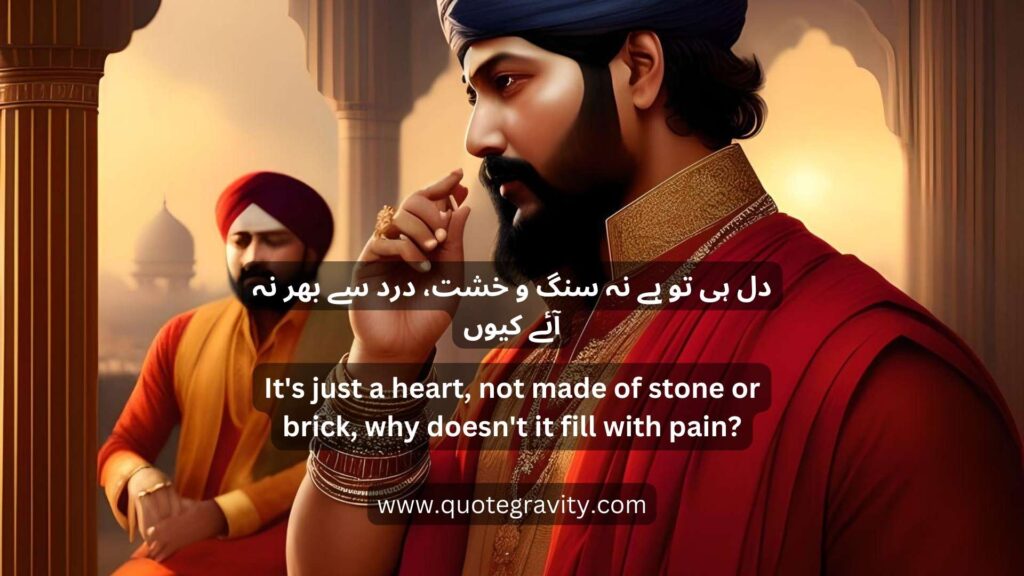
On the Nature of Existence
- ہم کو معلوم ہے جنت کی حقیقت لیکن دل کے خوش رکھنے کو ‘غالب’ یہ خیال اچھا ہے
ham ko maalūm hai jannat kī haqīqat lekin/dil ke ḳhush rakhne ko ‘ġhālib’ ye ḳhayāl achchhā hai
We know the reality of paradise, but / To keep the heart happy, Ghalib, this thought is a good one.
On the Pain of Existence
- قیدِ حیات و بندِ غم اصل میں دونوں ایک ہیں موت سے پہلے آدمی غم سے نجات پائے کیوں؟
qaid-e-hayāt o band-e-ġham asl meñ donoñ ek haiñ/maut se pahle aadmi ġham se najāt paae kyuuñ
The imprisonment of life and the chains of sorrow are, in essence, the same / Before death, how can a man find liberation from grief?
On Self-Awareness
- ہیں اور بھی دنیا میں سخن ور بہت اچھے کہتے ہیں کہ ‘غالب’ کا ہے اندازِ بیان اور
hai aur bhī duniyā meñ suḳhan-var bahut achchhe/kahte haiñ ki ‘ġhālib’ kā hai andāz-e-bayāñ aur
There are many excellent poets in the world / But they say Ghalib’s style of expression is something else.
On the Futility of Desire
- غمِ حسیت کا ‘اسد’ کس سے ہو جز مرگ علاج شمع ہر رنگ میں جلتی ہے سحر ہوتے تک
ġham-e-hastī kā ‘asad’ kis se ho juz marg ilaaj/sham.a har rañg meñ jaltī hai sahār hote tak
What is the cure for the sorrow of existence, Asad, except death? / The candle burns in every hue until the coming of dawn
On Unrequited Love
- نہ تھا کچھ تو خدا تھا کچھ نہ ہوتا تو خدا ہوتا ڈبویا مجھ کو ہونے نے نہ ہوتا میں تو کیا ہوتا
na thā kuchh to ḳhudā thā kuchh na hotā to ḳhudā hotā/duboyā mujh ko hone ne na hotā maiñ to kyā hotā
If there was nothing, there was God; if there was still nothing, there would be God / My existence has drowned me, what would I be if I did not exist?
On the Search for Meaning
- نقش فریادی ہے کس کی شوخیِ تحریر کا کاغذی ہے پیرہن ہر پیکرِ تصویر کا
naqsh fariyādī hai kis kī shoḳhī-e-tahrīr kā/kāġhazī hai pairahan har paikar-e-tasvīr kā
The inscription is a plaintiff of whose playful writing? / Every image is clothed in a garment of paper.
@quotegravity Reflecting on what destiny has chosen to part ways with me after an era. 🕰️💔 Join me in this introspective moment as we navigate the ebb and flow of life's chapters. #ReflectingOnLife #JourneyOfChange #shayari #mirzaghalib ♬ original sound – QuoteAura – QuoteGravity
On the Fleeting Nature of Beauty
- پھر یہ بے مہر صبح کیوں آئی؟ پھر یہ بے رنگ شام ڈھل جائے؟
phir ye be-mehr sub.h kyuuñ aa.ī/phir ye be-rang sham Dhal jaa.e
Why has this heartless morning come again? / May this colorless evening fade away.
On the Inexorable Passage of Time
- رہتے نہیں ہیں در تک قافلے بنائے ہوئے ایسا بھی کوئی کام ہے آخر تنہائے ہوئے
rahte nahīñ hai der tak qāfile banā.e hue/aisā bhī koī kaam hai āḳhir tanhā.e hue
Caravans don’t remain assembled for long / What else is there to do, finally, in your solitude?
On Faith and Doubt
- بت خانۂ تماشاءِ قسمت بلائے ہے پھر دیکھیے کیا ہے تماشاءِ خدائی
but-ḳhāna-e-tamāshā-e-qismat bulā.e hai/phir dekhiye ki kyā hai tamāsha.e-ḳhudā.ī
The temple of destiny’s spectacle summons me / Let’s see what this show of divinity is all about.
On the Power of Words
- ہر ایک بات پہ کہتے ہو تم کہ تو کیا ہے تمہیں کہو کہ یہ اندازِ گفتگو کیا ہے
har ek baat pe kehte ho tum ki tū kyā hai/tumhīñ kaho ki ye andāz-e-guftugū kyā hai
At everything I say, you ask, “What are you?” / You tell me, what is this style of conversation?
On Deception and Illusion
- بس کہ دوری ہے تو دل شورِ قیامت کرتا ورنہ یہ شور تو ہر روز تماشا کرتا
bas-ki dūrī hai to dil shor-e-qayāmat kartā/varna ye shor to har roz tamāshā kartā
It’s only because of the distance that my heart makes so much noise / Otherwise, this commotion would be a daily spectacle.
On the Joys of Wine
- غمِ ہستی کا اسد کس سے ہو جز مرگ علاج شمع ہر رنگ میں جلتی ہے سحر ہوتے تک
ġham-e-hasti kā ‘asad’ kis se ho juz marg ilaaj / sham.a har rang meñ jaltī hai sahār hote tak
What is the cure for the sorrow of existence, Asad, except death? / The candle burns in every hue until the coming of dawn
On the Contradictions of the Heart
- دلِ نادان تجھے ہوا کیا ہے آخر اس درد کی دوا کیا ہے
dil-e-nādāñ tujhe huā kyā hai/āḳhir is dard kī davā kyā hai
Foolish heart, what has happened to you? / In the end, what is the cure for this pain?
On the Bittersweet Nature of Life
- ہے بس کہ ہر اک ان کے اشارے میں نشان اور کرتے ہیں محبت تو گزارا بھی نہیں ہے
hai bas ki har ik un ke ishāre meñ nishāñ aur/karte haiñ mohabbat to guzārā bhī nahīñ hai
In each of their gestures lies a deeper meaning / They make love, yet cannot sustain it.
On Lost Hopes
- پھر مجھے دیدۂ تر یاد آیا وہ جنہیں نظر سے پیا کرتا تھا
phir mujhe dīda-e-tar yaad ayaa/wo jinhe nazr se piya karta tha
My eyes filled with tears came to mind again / Those whom I used to drink in with my gaze
On Defiance and Resilience
- نہ تھا کچھ تو خُدا تھا کچھ نہ ہوتا تو خُدا ہوتا دُبویا مجھ کو ہونے نے نہ ہوتا میں تو کیا ہوتا
na thā kuchh to ḳhudā thā kuchh na hotā to ḳhudā hotā/duboyā mujh ko hone ne na hotā maiñ to kyā hotā
If there were nothing, God would exist; if nothing existed, there would still be God / To be has drowned me, but if I did not exist then what would I be?
On Philosophical Musings
- یاد تھی ہم کو بھی رنگارنگ بزمِ آرائی لیکن اب نقش و نگارِ تمنا دور ہے
yād thī ham ko bhī rañgā-rañg bazm-e-ārā.ī/lekin ab naqsh-o-nigār-e-tamannā Duur hai
We too remembered the colorful adornments of desire / But now, the etchings and patterns of longing are far away.
On the Inability to Escape Oneself
- راہ زن بھی ہیں سرِ راہ بھی ہیں مقتل بھی رہ گئے راہوں میں لیکن ہم سے راہِ رفتہ بھی
rāh-zan bhī haiñ sar-e-rāh bhī hai maqtal bhī/rah ga.e rāhon meñ lekin ham se rāh-e-rafta bhī
There are highwaymen, there’s the crossroads, the place for killing too / We’ve traveled the road, yet this way of going remains with us.
On the Complexity of Desire
- دل ہی تو ہے نہ سنگ و خشت درد سے بھر نہ آئے کیوں روئیں گے ہم ہزار بار کوئی ہمیں ستائے کیوں
dil hī to hai na sañg-o-ḳhisht Dard se bhar na aa.e kyuuñ/ro.enge ham hazaar baar koī hameñ satā.e kyuuñ
This heart is not brick or stone, why shouldn’t it fill with pain? / We’ll weep a thousand times, why should anyone torment us?
On Yearning Despite Despair
- دلِ نادان تجھے ہوا کیا ہے آخر اس درد کی دوا کیا ہے
dil-e-nādāñ tujhe huā kyā hai / āḳhir is dard kī davā kyā hai
O foolish heart, what has come over you? / Tell me, what is the cure for this pain?
On the Mysteries of the Universe
- غمِ عاشقی سے بے خبر ہیں خبرِ خرد نہیں مجھے جانِ جان
ġham-e-āshiqī se be-ḳhabar haiñ / ḳhabar-e-ḳhirad nahīñ mujhe jāñ-e-jāñ
They’re oblivious to the grief of love / I don’t have knowledge of wisdom, O Life of my Life.
On the Persistence of Memories
- کوئی امید بر نہیں آتی، کوئی صورت نظر نہیں آتی
koī ummiid bar nahīñ aatī/koī sūrat nazar nahīñ aatī
There’s no hope in sight / No image comes to mind.
On the Illusion of Control
- پھر کوٹھے سے لگایا دل تو یوں بکھرا کہ آج، چوکی والوں نے جیسے کوئی بالا گر کی ہے
phir kothe se lagāyā dil to yuuñ bikhrā ki aaj/chaukī vāloñ ne jaise koī bālā gīr kī hai
Again my heart clung to the rooftop and shattered so / As though some watchmen had flung down a child.
On the Self-Destructive Nature of Love
- دل نادان تجھے ہوا کیا ہے؟ آخر اس درد کی دوا کیا ہے؟
dil nadāñ tujhe hua kya hai/aakhir is dard ki dava kya hai
O naive heart, what has happened to you? / In the end, what is the cure for this pain?
A Slightly Humorous Take
- ہم کو ان سے وفا کی ہے اُمید، جو نہیں جانتے وفا کیا ہے
ham ko un se vafā kī hai ummīd/jo nahīñ jānte vafā kyā hai
I hope for faithfulness from those / Who don’t even know what faithfulness is.
On the Nature of Reality
- ہائے گل کیا چیز ہے؟ کیا حسن و رنگِ رنگینی؟ ہم نے حدِّ نظر سے دور اس کو دیکھا تھا
haa.e gul kyaa chiiz hai kyaa husn-o-rang-e-ra.nganī / ham ne hadd-e-nazar se duur is ko dekhaa thaa
Alas for the flower, what is it, what beauty, what color / We had seen it at a distance, beyond the boundary of vision.
On the Inability to Truly Know
- ہے اور بھی دنیا میں سخن ور بہت اچھے کہتے ہیں کہ غالب کا ہے اندازِ بیان اور
hai aur bhī duniyā meñ suḳhan-var bahut achchhe/kahte haiñ ki ‘ġhālib’ kā hai andāz-e-bayāñ aur
There are many other excellent poets in the world / But they say Ghalib has a unique style of expression.
On the Impermanence of Life
- جس سے جی دکھتے تھے یاروں نے، وہی چھوڑ آئی بعد مرنے کے
jis se ji Duukhte the yaaroñ ne/vahii chho.D aae ba.ad marne ke
The friends by whom my soul was wounded / Have abandoned me after my death.
On the Pursuit of the Impossible
- ہم تھے اور آپ تھے اور ساقی بھی تھا وہاں پھر کیسے آ گیا وہ دریا سارے کے بیچ میں
ham the aur aap the aur saaqii bhii thaa vahaa.n/fir kaise aa gayaa vo dariyaa saare ke bich me.n
There was me, there was you, and the wine-pourer too / Then how did that ocean come between us?
On Longing and Unfulfillment
- میں نے مانا کہ کچھ نہیں غالب، مفت ہاتھ آئے تو بُت بھی شکن
maiñ ne maanā ki kuchh nahīñ ‘ġhālib’/muft haath aa.e to buut bhī shikan
I admit that you are nothing, Ghalib / But even an idol-breaker needs an idol in hand.
On Resignation in the Face of Disappointment
- عاشقی صبر طلب اور تمنا بے طاب، دل کا کیا رنگ کروں خونِ جگر ہونے تک
āshiqī sabr-talab aur tamannā be-tāb/dil kā kyā rañg karūñ ḳhūn-e-jigar hone tak
Love demands patience, desire demands impatience / What color should I make my heart, till it turns to the blood of my liver?
On the Pain of Unspoken Emotions
- ان کے دیکھے سے جو آ جاتی ہے مح پر رونق، وہ سمجھتے ہیں کہ بے درد کا حال اچھا ہے
un ke dekhe se jo aa jaatī hai muñh par raunaq/vo samajhte haiñ ki be-dard kā haal achchhā hai
The radiance that comes to my face when I see them / They think it means that the heartless one is doing well.
On the Paradox of the Heart
- دلِ نادان تجھے ہوا کیا ہے، آخر اس درد کی دوا کیا ہے
dil-e-nādāñ tujhe huā kyā hai/āḳhir is dard kī davā kyā hai
O foolish heart, what has happened to you? / Finally, what is the cure for this pain?

